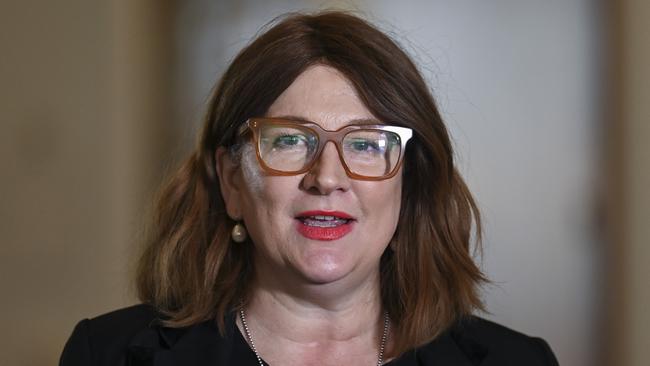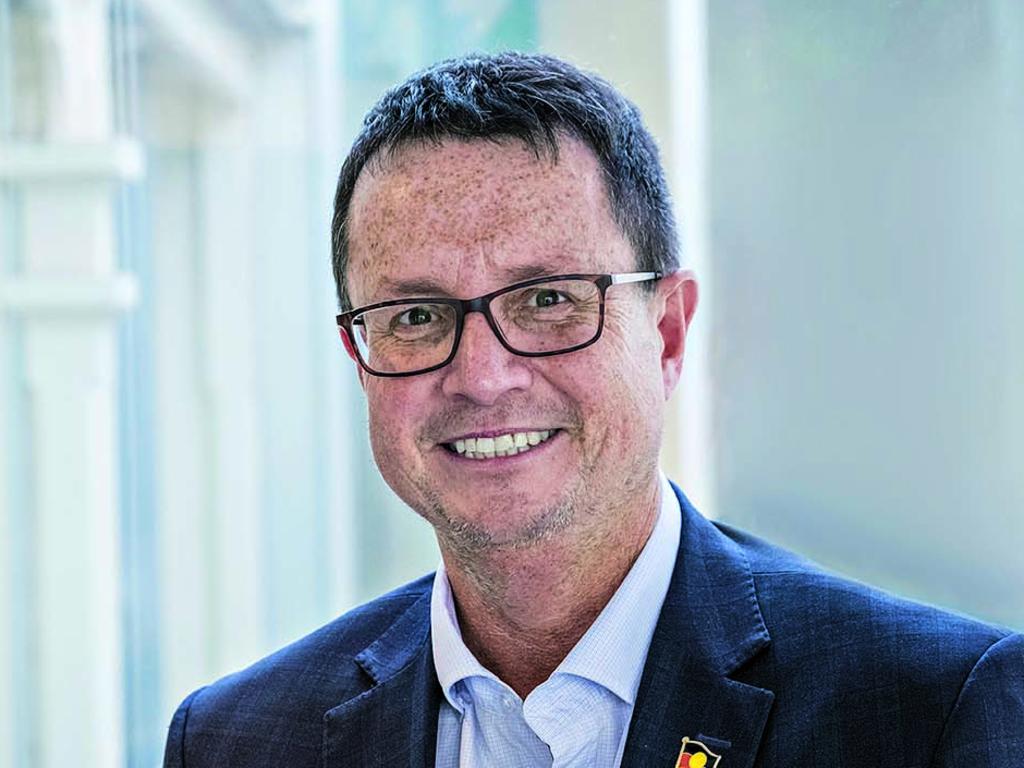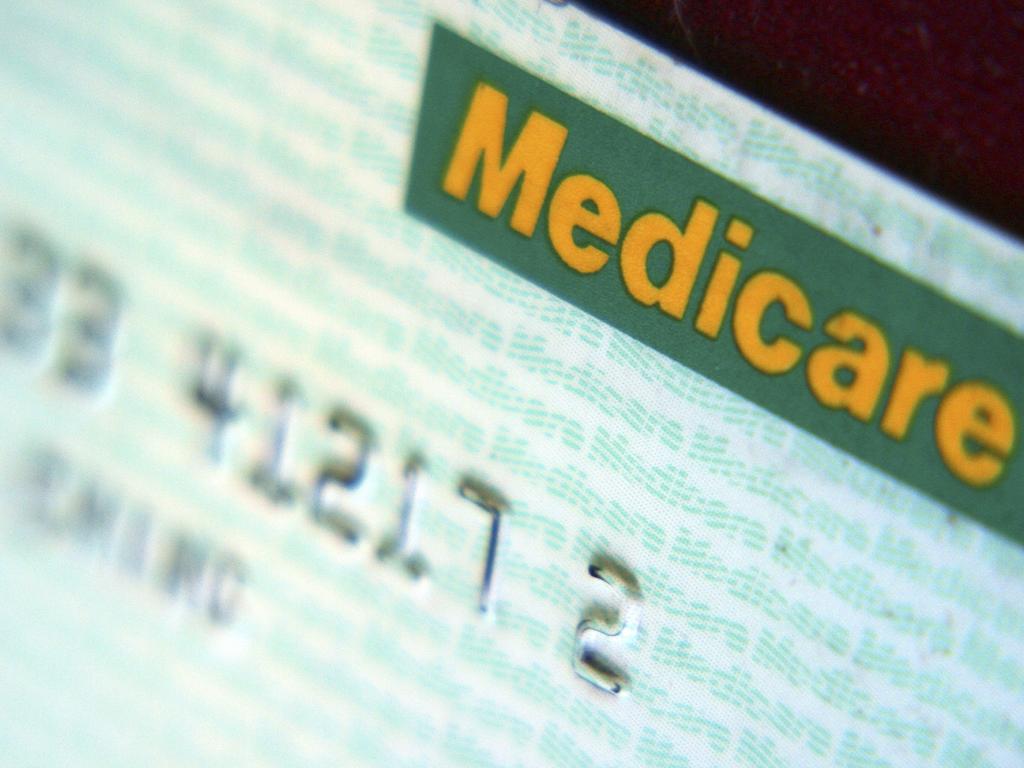Incentive payments lure scores of GPs to the bush
There are early signs of an uplift in medical registrars signing up to be GPs as doctors lobby the federal government to widely roll out incentives for young medics to take up training places.

There are early signs of an uplift in medical registrars signing up to be GPs, as doctors lobby the federal government to widely roll out incentives for young medics to take up training places.
Incentivised training places for areas of workforce shortage resulted in an extra 114 GP placements being taken by young doctors in the past year, new figures show, with many of those communities having struggled without a GP registrar for years.
The increase in take-up of GP training places rurally pushed national GP training placement figures to their highest level in several years, with 91 per cent of new spots filled in 2024, compared with 85 per cent in 2023. Rural places alone rose 11 per cent.
The Royal Australian College of GPs (RACGP) is now pushing for all aspiring GPs taking up placements to receive incentives and subsidised training, including parental leave and long service leave, which all registrars in hospitals receive, but GPs don’t.
“Incentives and support for GPs in training is an effective and simple fix,” RACGP president Nicole Higgins said. “The workforce has been hamstrung by decades of underfunding.”
The RACGP, and the Australian Medical Association, say that bringing GP registrars up to parity in pay and conditions with registrars working in hospitals is key to addressing the crisis in future GP recruitment.
The college has put forward a plan in its pre-budget submission for each GP registrar who signs on to the training program to receive a $32,500 per annum incentive payment, parental leave at a cost of $35,830 per registrar and $5118 per year in study leave.
The payments would cost the federal government $74m per year. They also want a $25m GP training boost package to train more GPs and support international medical graduates to work in regional and rural areas of acute workforce shortage.
A delegation of 20 GPs with RACGP leaders will travel to Canberra on Tuesday to discuss the issue.
“General practice is the cost-effective engine of our health system. GPs help people live healthier and longer, and reduce pressure on our hospitals,” Ms Higgins said. “Australia is facing an acute health workforce shortage – pharmacists, nurses, psychiatrists, and GPs.
“The RACGP is calling for the government to fund incentives and subsidised training to get enough GPs in every community in the next federal budget.
“Being a GP is one of the most rewarding jobs, but the workforce has been hamstrung by decades of underfunding. This investment will help remove the barriers to GP training,” she said.






To join the conversation, please log in. Don't have an account? Register
Join the conversation, you are commenting as Logout